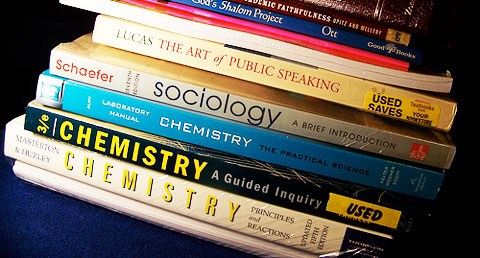Pepperish and three other mistakes you make with ‘pepper’
Many children just getting exposed to English language are guilty of arbitrarily using nouns as verbs. This is usually compounded where a large population of adult speakers of the language are also half-literate. You say the Nigerian situation is an example? Yes, you are right.
Often, you hear, ‘Back me’ when the child wants the mother to carry them on her back. Of course, it is also not unusual for the mother (and father) too to ask, ‘You want me to back you?’, when they mean the same thing.
Consider how ‘pepper’ too is usually misapplied by those who say, ‘It peppers me’ or ‘It is peppering me’, when they mean the pepper in the soup they are consuming or licking is too sharp. It is a common saying but it is not acceptable in standard English. Although there is a sense in which the word can be used as a verb, it does not capture the discomfort occasioned by taking something peppery. According to Cambridge Dictionary, to pepper means to direct something suddenly and repeatedly at someone, as if attacking the person:
The mayor was peppered with questions from reporters about the municipal corruption scandal.
The dictionary adds that to pepper is also to add to something in many places:
He peppered his speech with jokes.
This means that when the popular reality show, Big Brother Naija, came out with ‘Pepper Dem’ as the slogan of one of its recent editions, it was not only patronising pidgin, it also appeared to be imitating the illiterate usage. Well, the producers did not mean that the housemates should spray pepper into the eyes of one another. They only waxed figuratively, challenging the housemates to perform impressively in the house. In essence, ‘the soup is peppering me’ is not a correct expression.
A lot of people also abuse ‘pepper’ in the way they handle its adjectival form. They say pepperish, which is an expression alien to the English lexicon. The correct term is peppery – not pepperish. Note that the same thing applies to trickish, with the acceptable adjective from trick’ being tricky:
- I didn’t enjoy the meal because the soup was pepperish. (Wrong)
- I didn’t enjoy the meal because the soup was peppery. (Correct)
Grounded pepper?
Another context you need to watch ‘pepper’ is when referring to its dry, powdery form. We have discussed this in this class. It is not grinded pepper or grounded pepper. It is ground pepper. The reason is that the present/past participle form of grind, which is required to qualify ‘pepper’ here, is ground, not grinded or grounded.
- The lady added some grounded pepper to the egusi soup. (Wrong)
- The lady added some ground pepper to the egusi soup. (Correct)
Mispronouncing ‘pepper’
Lastly, there is a syndrome that many of us are guilty of as far as the pronunciation of the word is concerned. It is not pEpE, perhaps like the name of one of Arsenal’s players – Nicholas. This is wrong. While the first ‘e’ should be pronounced E, as in beg, keg, leg and spelling, the second ought to sound as ER, like the one we have in matter, sister and anger. So, next time you need to articulate ‘pepper’, say pEpER (not pEpA) and not pEpE. Look up the word in the dictionary and study its pronunciation and various forms.
Source: Punch

